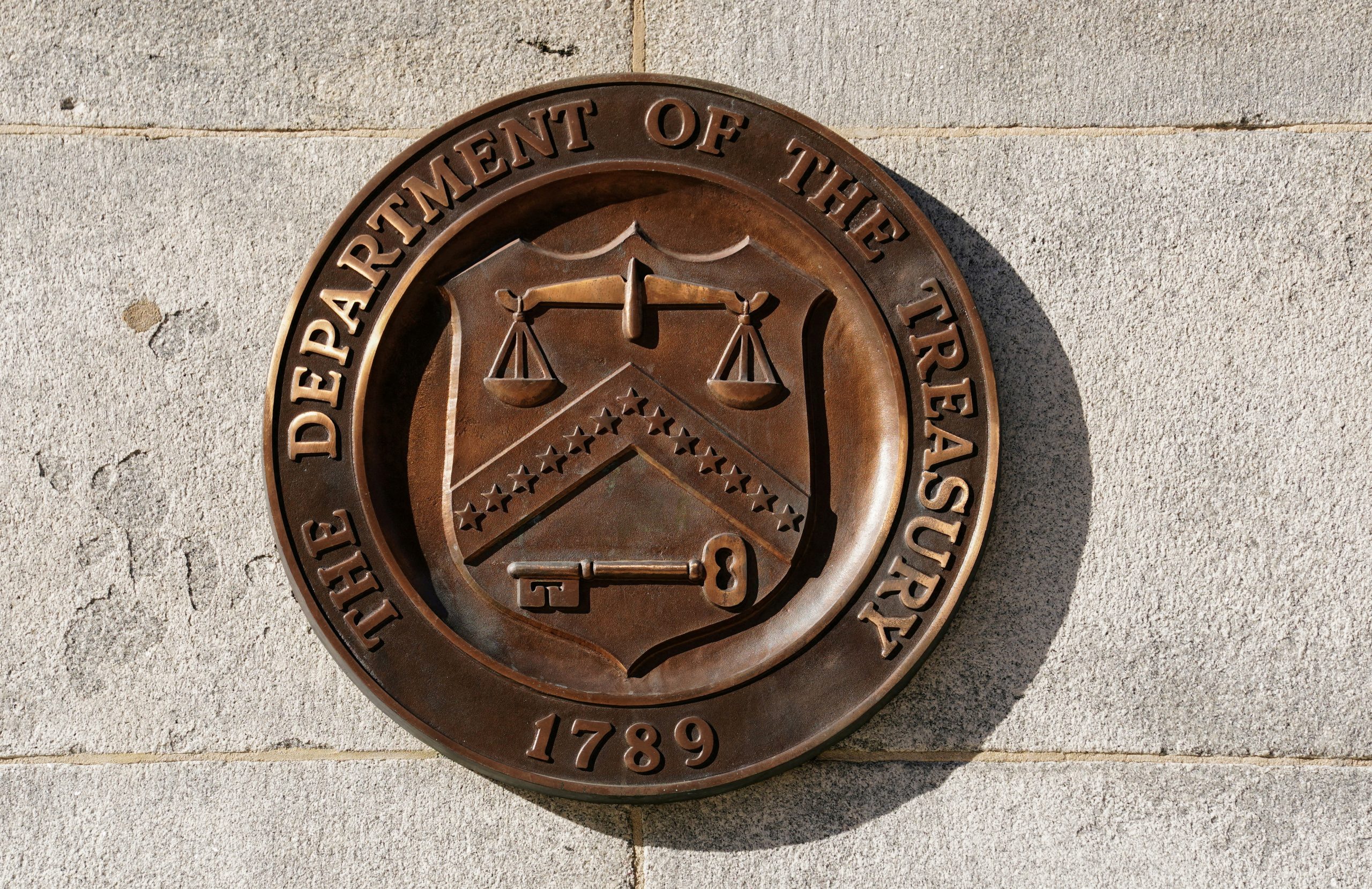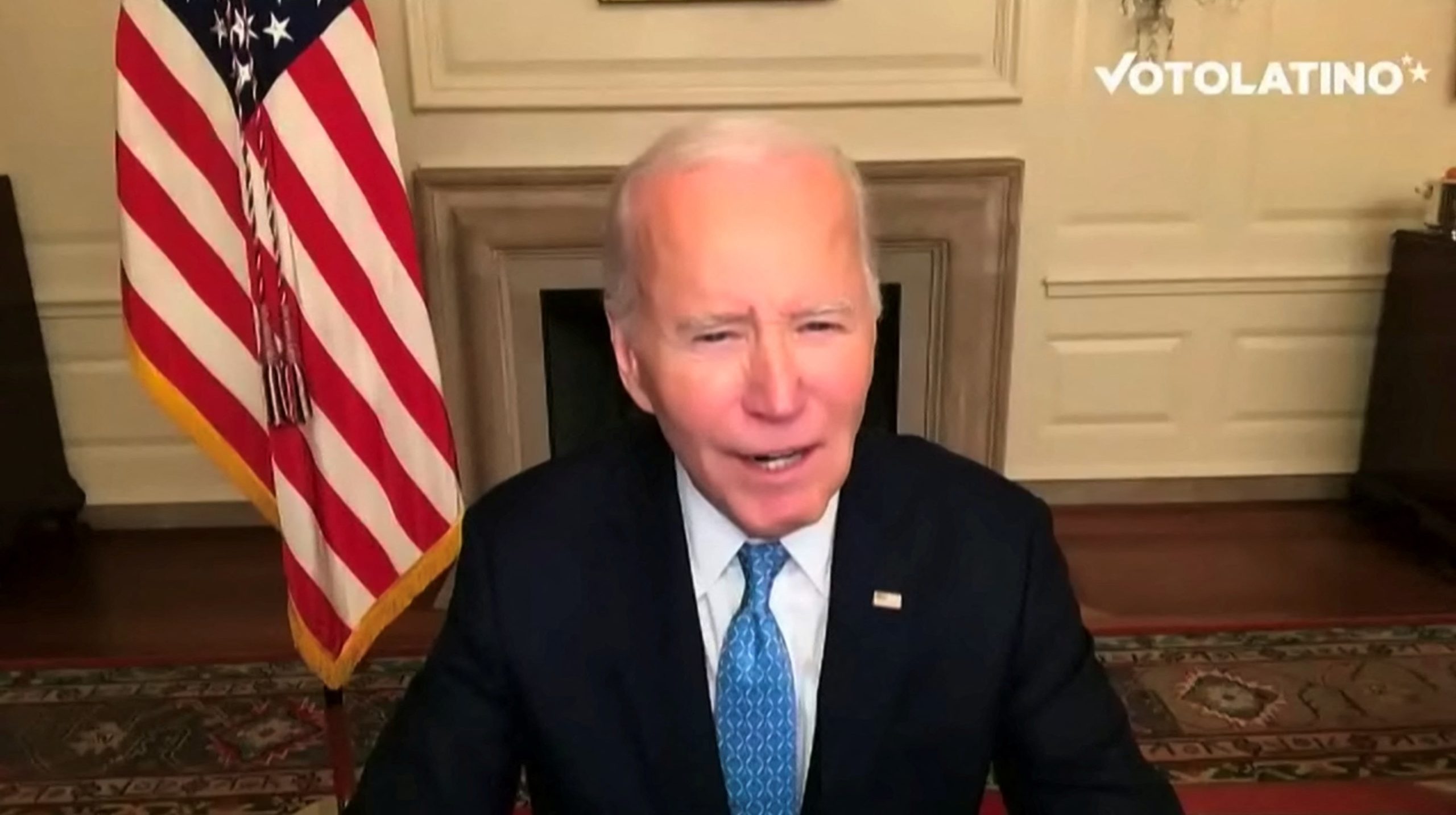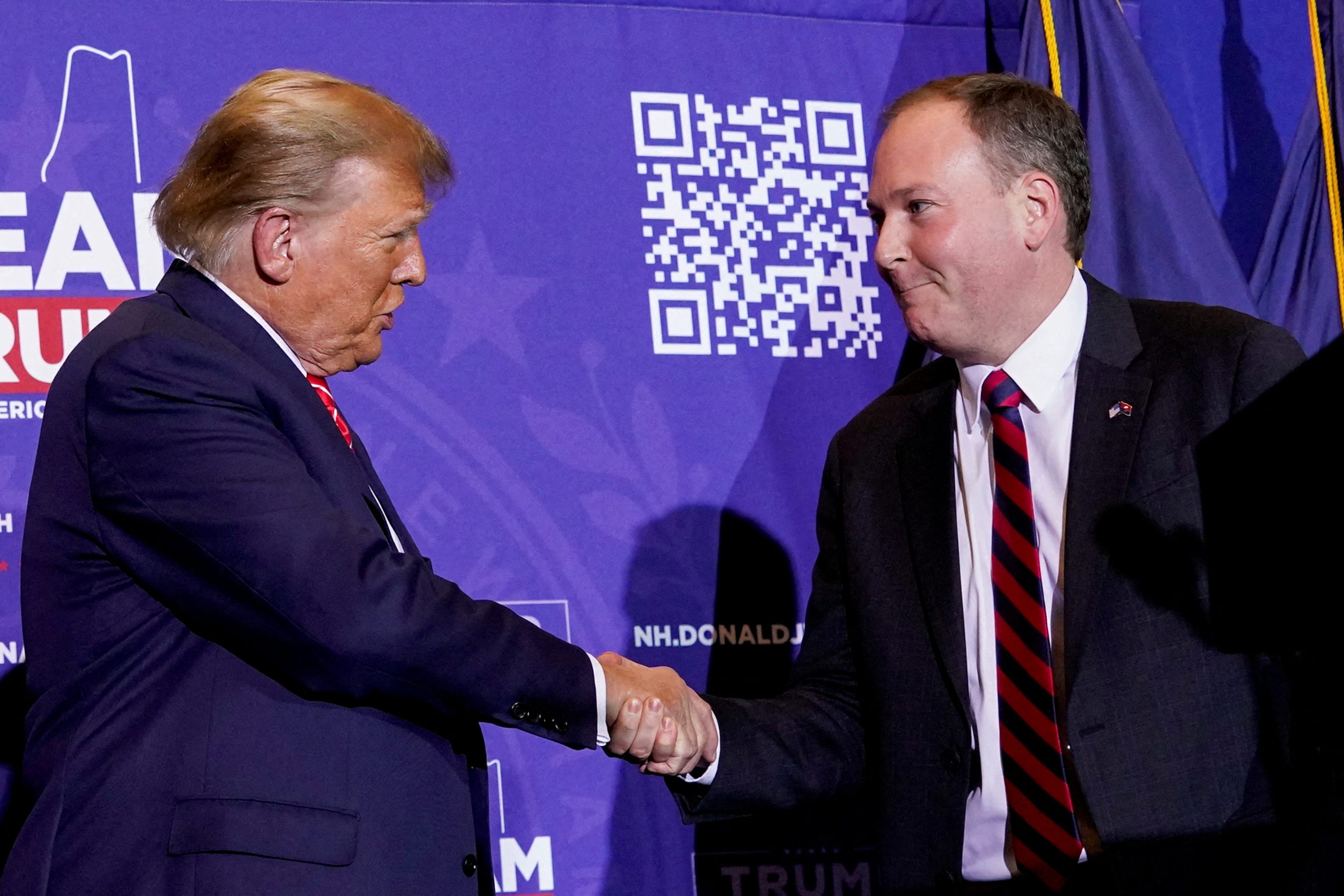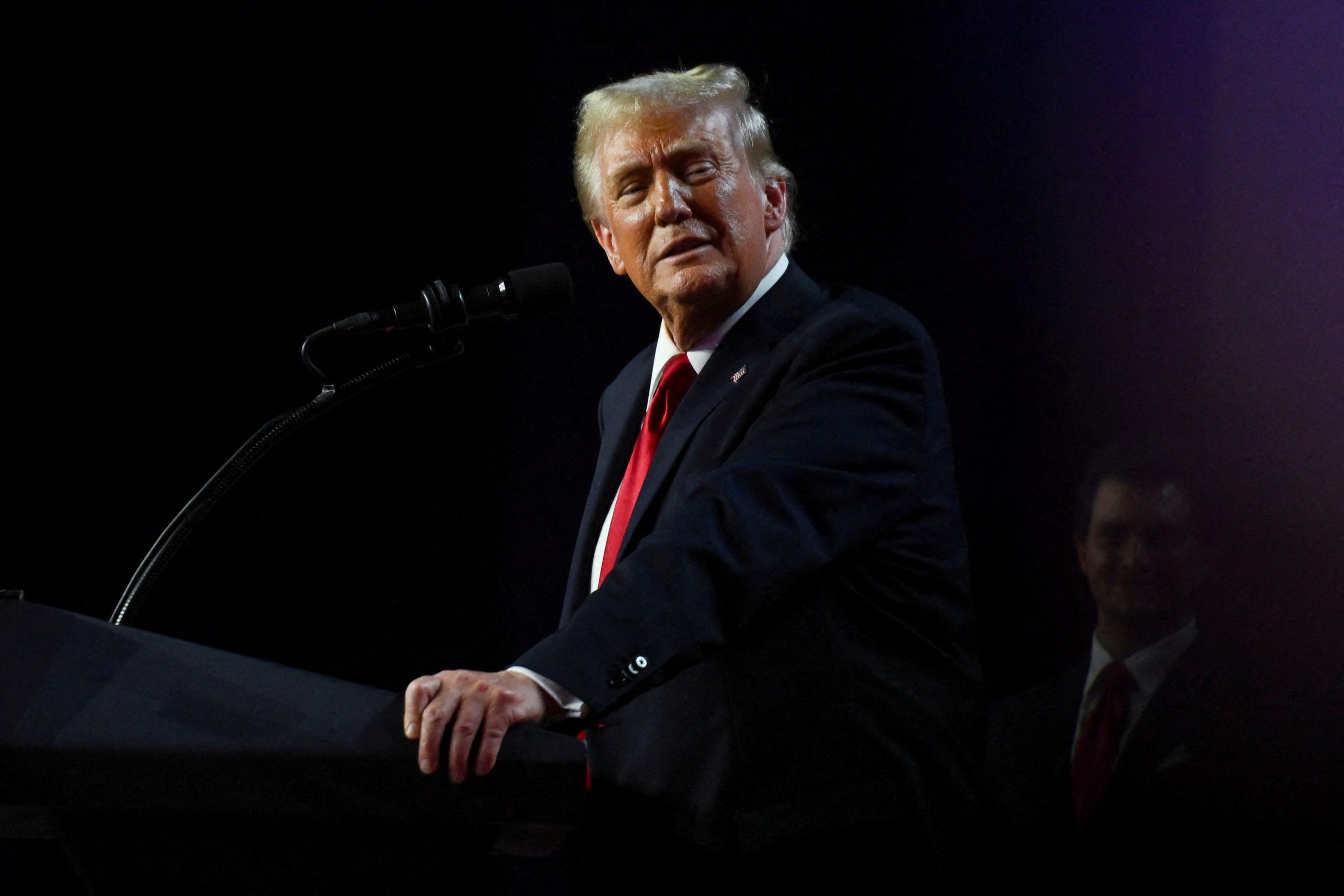In a significant move to curb China’s technological military advancement, the U.S. Treasury Department unveiled a rule Monday that bars American investors from putting money into key Chinese tech sectors, specifically artificial intelligence, advanced semiconductors, and quantum computing. The rule, which will come into effect on January 2, 2025, follows an executive order issued by President Biden in August 2023 aimed at restricting “countries of concern” from leveraging American investments to accelerate their military and intelligence capabilities.
Assistant Treasury Secretary Paul Rosen explained the reasoning behind the restrictions, emphasizing that American investments can extend beyond financial support. “U.S. investments … must not be used to help countries of concern develop their military, intelligence and cyber capabilities,” Rosen stated, adding that these investments often provide China with valuable managerial expertise and access to global talent networks.
The new rule marks another step in a bipartisan push to prevent China from gaining dominance in cutting-edge technologies that could tilt the balance of power in military and intelligence sectors. The Biden administration has also imposed hefty tariffs on Chinese electric vehicles and set export controls on advanced computer chips and production equipment, following moves by former President Donald Trump to tighten the economic grip on Beijing.
China, unsurprisingly, has responded with forceful opposition. Chinese Foreign Ministry spokesperson Lin Jian condemned the restrictions as a political maneuver that undermines global economic stability. Hong Kong’s Chief Executive John Lee echoed this sentiment, warning that the U.S. stance would backfire, harming American interests and disrupting the global supply chain. “In pursuing their political agenda, American politicians are harming not only others but also the interests of their own country, their people and their businesses,” he said.
The finalized rule requires that any transactions involving technology with potential national security risks be reported to the U.S. government, with violators facing fines as high as $368,136 or double the transaction value. An Office of Global Transactions is being established to oversee and enforce these restrictions.
Sources for this article include: AP News, official statements from the U.S. Treasury Department.















